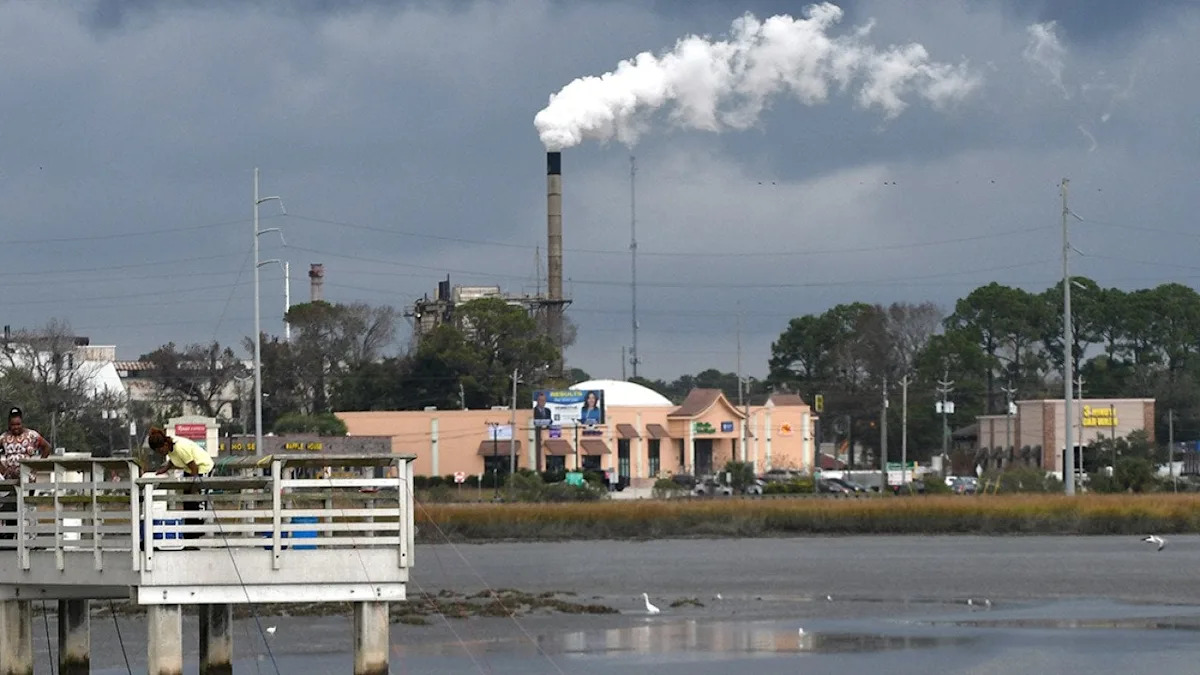Home / Environment / Heat Pumps Emerge as Game-Changer for Cleaner, Healthier Manufacturing
Heat Pumps Emerge as Game-Changer for Cleaner, Healthier Manufacturing
3 Oct
Summary
- Maine installs 175,000 heat pumps by 2027
- Replacing 33,500 boilers with heat pumps could avoid 77,200 premature deaths
- Heat pumps save $1.1 trillion in health costs and prevent $351 billion in climate damages

In the past few years, heat pumps have been outselling gas furnaces in the United States. These highly efficient devices use electricity, often from renewable sources, to transfer heat from the outdoor air into homes. Now, the focus is shifting to the industrial sector, where fossil fuel-powered boilers are a major source of greenhouse gas emissions and air pollution.
A new report from the American Lung Association finds that replacing 33,500 conventional, combustion-based boilers nationwide with electric heat pumps could have significant public health benefits. By 2050, this switch could avoid 77,200 premature deaths, 33 million asthma attacks, and more than 200,000 new asthma cases. It would also save $1.1 trillion in health costs and prevent $351 billion in climate damages.
The industrial sector is responsible for almost a quarter of the nation's directly emitted greenhouse gases, as well as harmful pollutants like nitrogen oxides, sulfur oxides, and particulate matter. These toxins can damage the respiratory system, contribute to lung cancer, and even pass into the bloodstream. Heat pumps offer a solution by providing the same heat, steam, and boiling water needed for manufacturing processes without burning fossil fuels.
While the technology is not new, its market readiness and adoption are rapidly increasing. Several states have already provided funding to help industries make the switch, and more could follow suit. Paired with stricter air quality regulations, this could incentivize more facilities to transition to this robust, well-documented technology. The potential benefits are undeniable, making heat pumps a game-changer for cleaner, healthier manufacturing.



